Home » Functional and Sustainable Polymers » Bio-based polymers
Bio-based materials are obtained from natural and renewable raw materials as more sustainable options and alternatives to oil and aligned with the European Circular Bioeconomy strategies.
Following the value chain of bio-based products from raw material sources:
At GAIKER, we have the capacity and experience to carry out the synthesis of biopolymers (diols, polyols, lactic acid, and other products derived from bio-based monomers and other organic macromolecules.

Film and sheet processing equipment (laboratory-scale).
- Single-layer blown film equipment (laboratory-scale).
- Sheet extrusion casting line with heated rolls at a constant temperature and refrigerated rolls.

Microcompounder.
Melt spinning.
Conditioning unit.

To assess the aerobic biodegradability of bioplastic under standardised conditions.
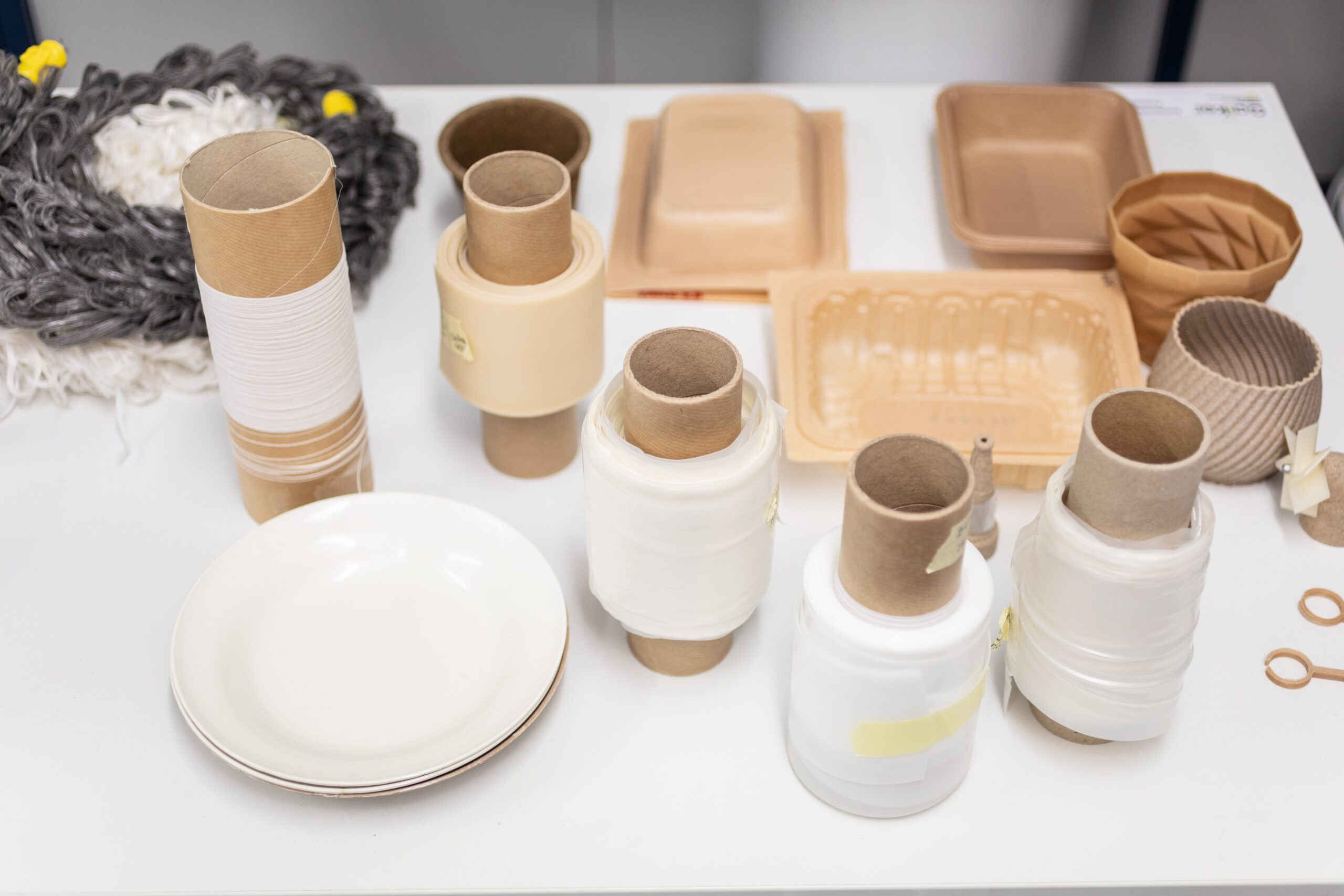
This key research project was created with the aim of deploying the Basque bioeconomy strategy by developing innovative bioprocesses and physical and chemical processes. This strategy will make it possible to set up integrated biorefineries focused on valorising critical biomasses in order to develop chemical materials and intermediates for use in the packaging sector.
Subsidised by the Basque Government
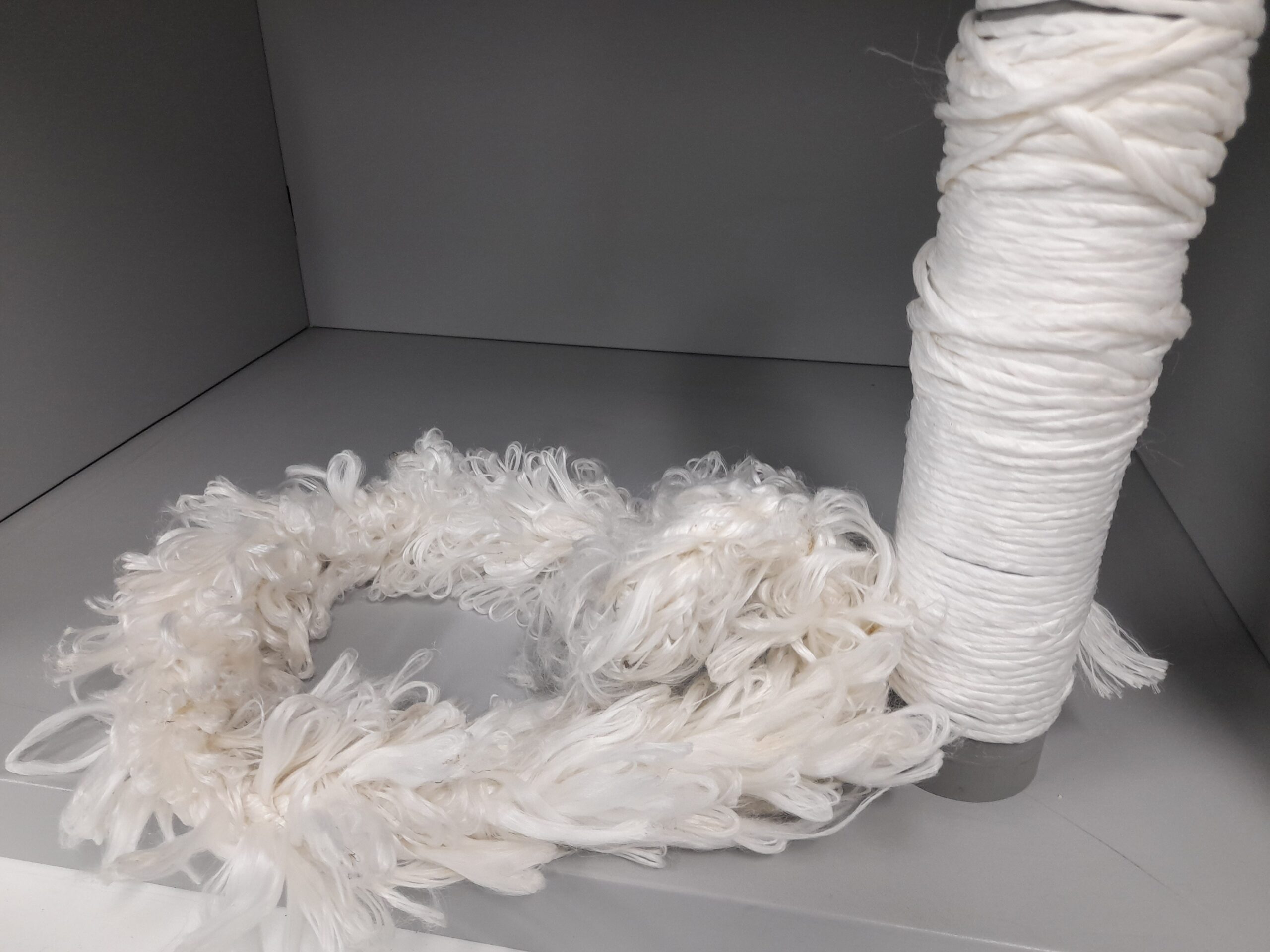
Provide the European aquaculture sector with innovative products (aquaculture ropes) and new value chains based on biodegradable or renewable materials.
 |
This project received funding from the European Commission's Horizon 2020 research and development programme under contract number 863708 |
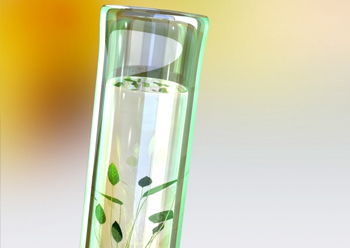
The aim of this project is to validate and demonstrate the technical, economic and environmental viability of a new lignocellulosic waste biomass biorefinery scheme. GAIKER is working on synthesising bio-polyesters from the bio-based monomers obtained from an innovative biomass fractionation and transformation process, to develop new coatings, adhesives and more sustainable plastic materials for various industrial sectors.
| This project received funding from the Bio Based Industries Joint Undertaking (JU) under the European Union's Horizon 2020 research and innovation programme, under contract number 101023202. |
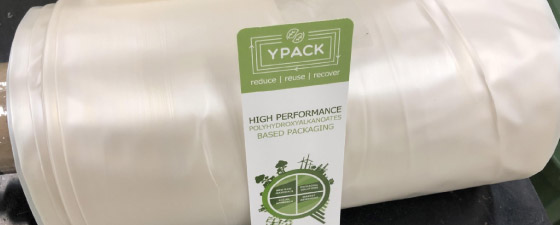
Scale up production and commercially validate two innovative food packaging solutions based on PHBV, a type of polyhydroxyalkanoate (PHA) bio-based polymer – a fully compostable food contact film and tray. This new packaging will use by-products from the food industry (cheese whey and almond shells), ensure biodegradability and reduce food waste as part of the EU's circular economy strategy.
GAIKER was responsible for developing and validating 100% biodegradable packaging on a pilot plant scale by means of thermoforming and flow pack, with improved properties.
 |
This project received funding from the European Commission's Horizon 2020 research and development programme under contract number 773872 |
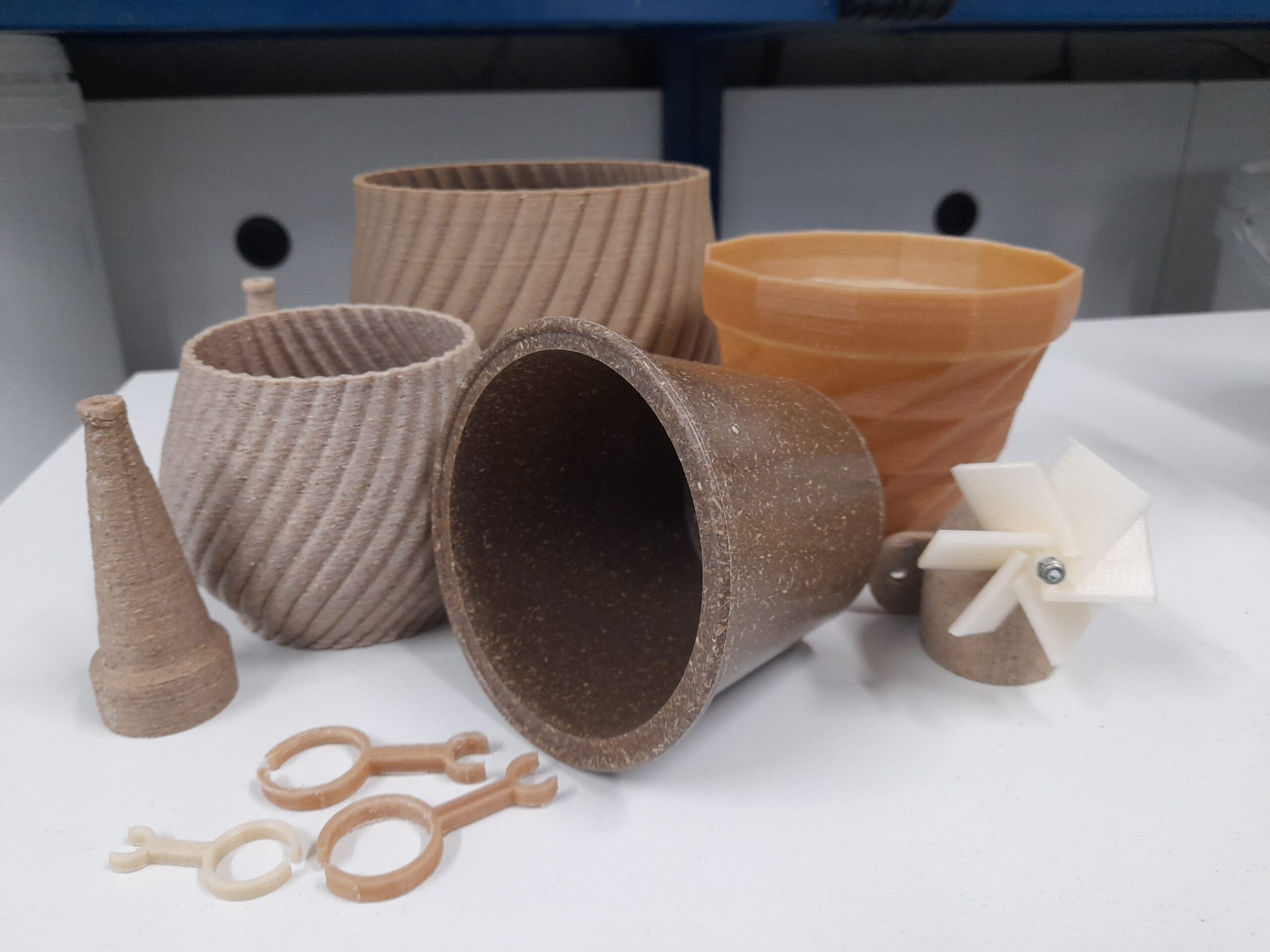
The aim of BIOPLAST is to promote the circular economy in the agricultural sector by producing bio-based polymers from agricultural crop waste and subsequently producing bioplastics to be used to manufacture new products for the agricultural sector, as well as developing new ways of recovering and treating these bioplastics (methanisation, composting) with a return to the soil of residual biomasses (digestate, compost).
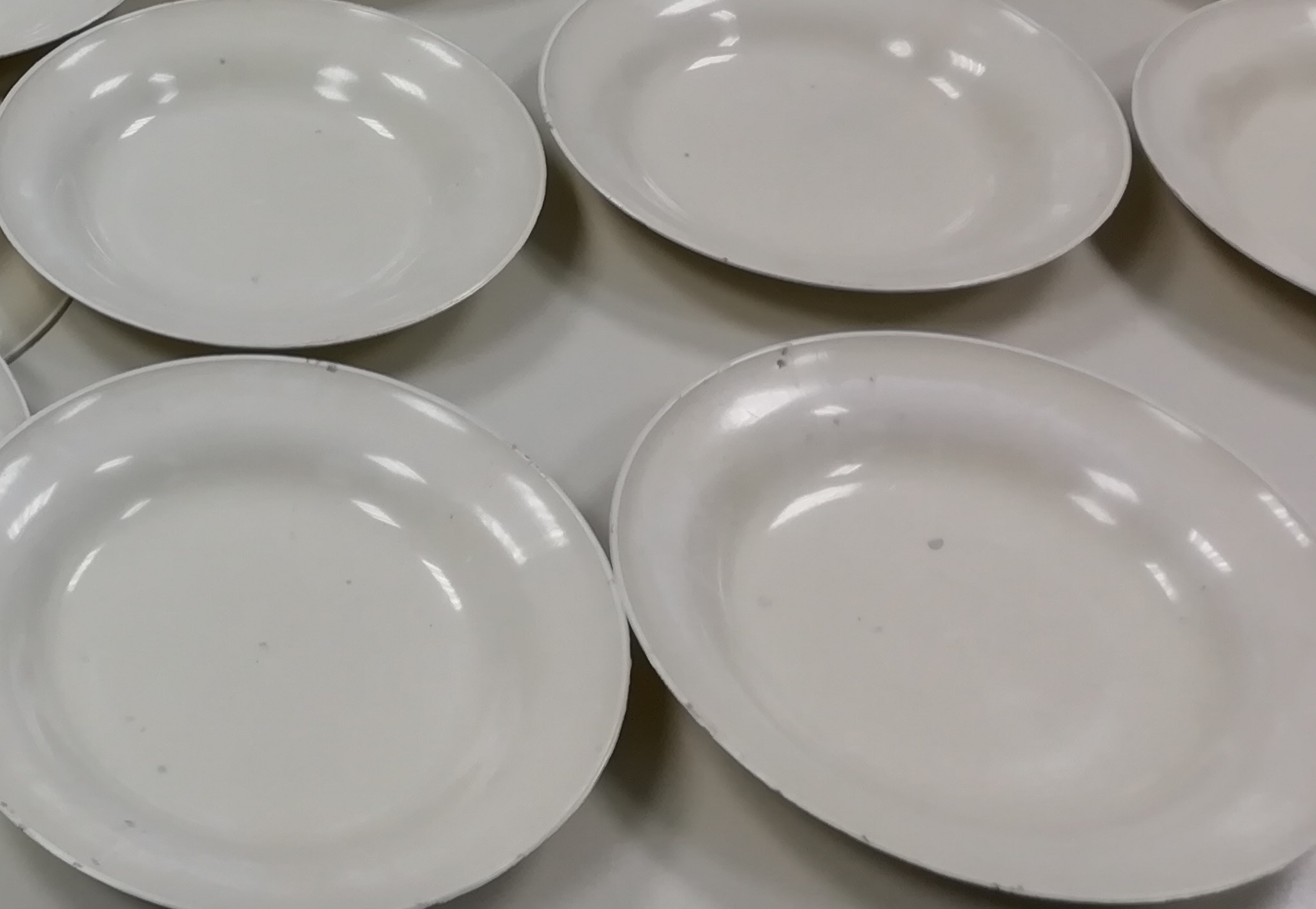
The aim of this project is to reduce the use of polluting packaging derived from fossil fuels by developing more sustainable alternatives from by-products and waste from the agri-food sector to meet the packaging needs of the food, beverages, pharmaceuticals and textile industries.
GAIKER is responsible for synthesising a new range of photo-reactive bio-based polyesters from hydroxylated molecules derived from coumarin to be incorporated into new bio-based and bio-degradable plastic materials and coatings for the packaging sector, with the aim of modifying their properties. It is also working on processing different formulations and manufacturing demonstrator products from the new materials to showcase new sustainable packaging concepts.
 |
This project received funding from the Bio-Based Industries Joint Undertaking (BBI JU) as part of the European Commission's Horizon 2020 research and development programme under contract number 836884. |
The aim of the Cervera Marfil Network is to develop a strategic research, development and innovation programme to create raw materials from alternative sources to oil, with a lower impact. More specifically, this research focuses on developing biopolymers, additives and reinforcements and its main purpose is to boost the competitiveness of biopolymers developed in Spain.

Sustainable Composites & Functional Polymers Market Manager